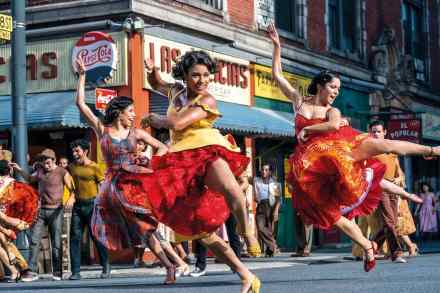Everything in me wanted to dislike it – but it’s lovely: BBC Radio 3’s Sound Walk reviewed
It’s a sweet, green, glowing dawn in north-west Scotland. All around us are empty hillsides of rock and heather. The cold air smells of moss. To the south, far mountain peaks resolve into high banks of mist and cloud, while up ahead stands the crumpled rock face of Ben Nevis, its broad shoulders beginning to fill the patchy, blueing sky as we walk towards it. It’s very beautiful. Look. A heron. Why are we here? To take the long view, because two million years of intermittent glaciers have frozen, thawed and hewn the mountain into its present-day shape. More immediately, because of the Norwegian public service broadcaster. In the 2000s,




















